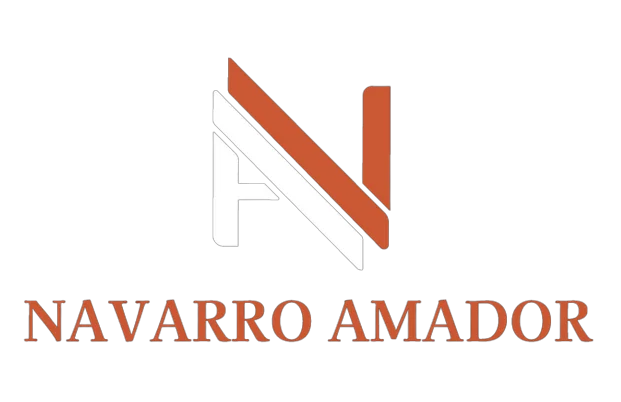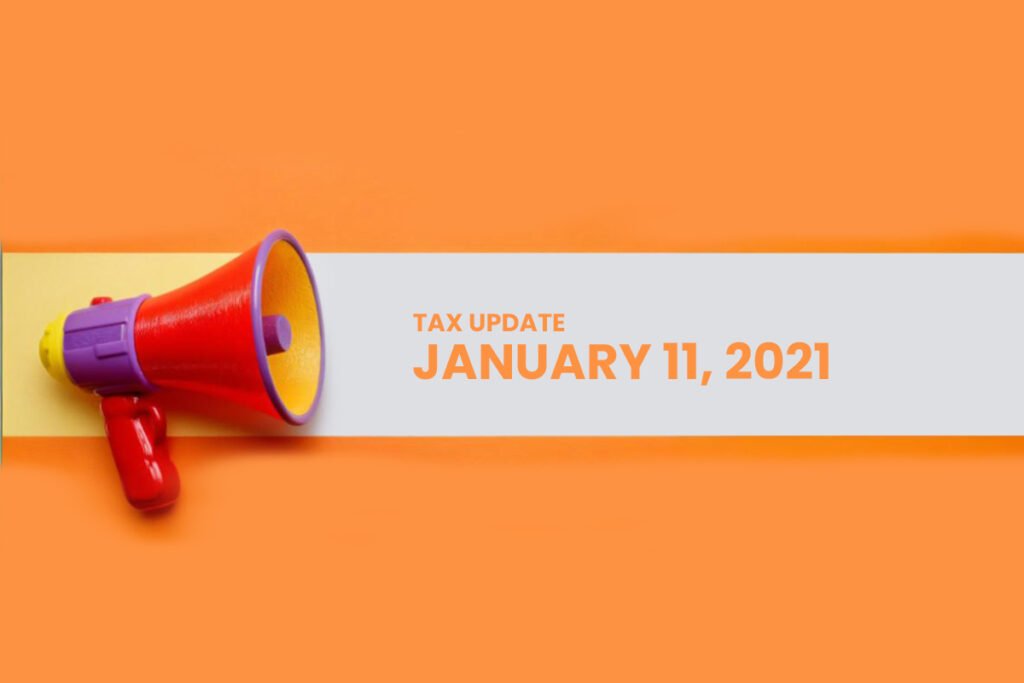In the previous article, we mentioned that there are four fundamental requirements for expenses to be considered deductible for the purpose of reducing Net Income. These are:
-
- The expense must belong to the fiscal period in which it is intended to be deducted.
- The corresponding withholding at the source must have been made and paid to the Tax Administration; otherwise, the expense will be deductible in the period when such withholding is remitted.
- It must be duly recorded in the accounting books and properly supported by documentation.
- It must be duly recorded in the accounting books and properly supported by documentation.
In this article, we will discuss some criteria to consider regarding one of the most common questions we encounter:
How can we properly support our expenses?
To do this, we must first differentiate the type of expense we want to support, which we will outline below.
PURCHASE OF GOODS AND SERVICES:
The proper fiscal support for an expense is the formal INVOICE that meets the requirements established by current tax legislation. Therefore, a commercial invoice is not accepted as valid support for an expense.
The invoice must be issued by printing companies authorized by the Tax Administration (the DGI has already published an official list) and must meet the following requirements:
-
- It must be issued in duplicate, with the original given to the buyer or user.
- It must be issued in the same sequential numerical order according to the invoice books or documents.
- It must include the date of the transaction, the name, business name or designation, and the RUC number of the seller or service provider, along with the address, email, and landline or mobile phone number, as applicable.
- It must indicate the quantity and type of goods sold or services rendered.
- It must show the unit price and total value of the sale or service excluding VAT, specifying any discount or rebate if applicable. It must also indicate the corresponding tax or exemption, specifying the reason for it.
In addition to the invoice, the purchase of goods can also be supported with machine tapes or computer tickets, as long as they are duly authorized by the DGI. For this purpose, the issued tapes or tickets must include the date of the transaction, the name, business name or designation, and the RUC number of the seller or service provider, as well as the address and telephone number, if applicable.
What happens if the supplier of the goods or services does not have authorized invoices or tapes?
Both Public Deeds and Private Contracts must include the following information:
-
- Identification of the parties (it is essential to include the identification card, residency, or passport number).
- Description of the goods or services.
- Quantity of the goods.
- Value of the goods or services.
- Date on which the transaction takes place.
Some of the expenses that can be supported through deeds and/or private contracts include: lease agreements, rights of use or enjoyment of trademarks and other intellectual property (royalties), management service contracts, and purchase or sale agreements for movable or immovable property, among others.
EXPENSES FOR WAGES, SALARIES, AND/OR EMPLOYEE COMPENSATION:
According to Technical Regulation 07-2007, every natural or legal person authorized to act as a withholding agent must properly support their expenses related to payments of wages, salaries, and/or compensation to their employees with the following documents:
-
- Employment contract demonstrating the labor relationship, whether for a fixed term or an indefinite period.
- Invoices from the Nicaraguan Social Security Institute (INSS) showing the employees reported to that institution.
EXPENSES RELATED TO BENEFITS PAID BY THE COMPANY:
Many companies provide benefits to their employees or executives, such as per diem payments, representation expenses, depreciation for the use of a personal vehicle, fuel reimbursements, insurance payments, allowances, representation expenses, or similar benefits.
In these cases, it is essential that such expenses/benefits be approved by the Board of Directors and/or Shareholders and that there be a corresponding MINUTES document recording the agreements reached by the members of the Board.
The minutes must include a detailed description of the transaction or benefits to be granted, the personnel to whom they will be assigned, the funds to be used, and how those funds will be obtained, among other aspects. In other words, it is not only necessary that the approval of these expenses be recorded in the minutes, but also that their payment be properly supported with the corresponding procedures and policies.




